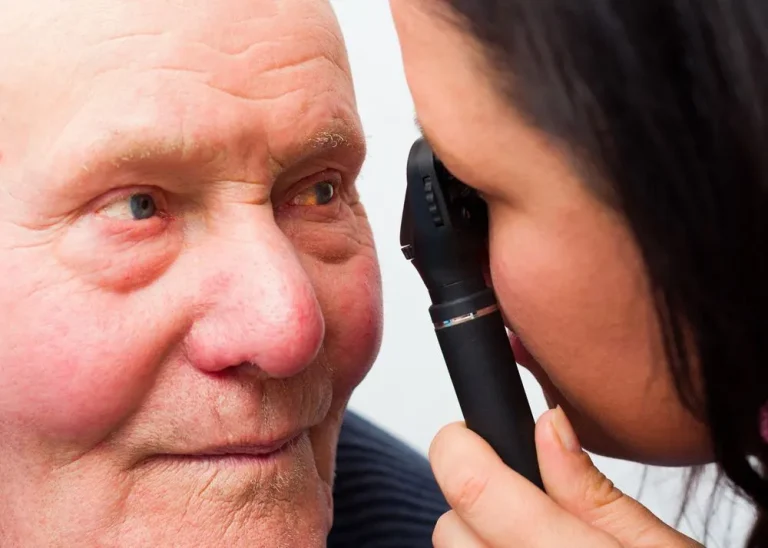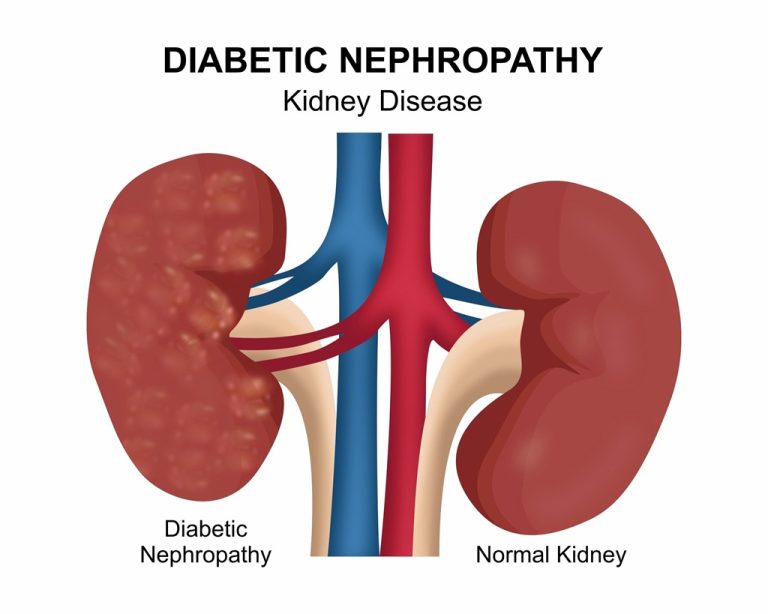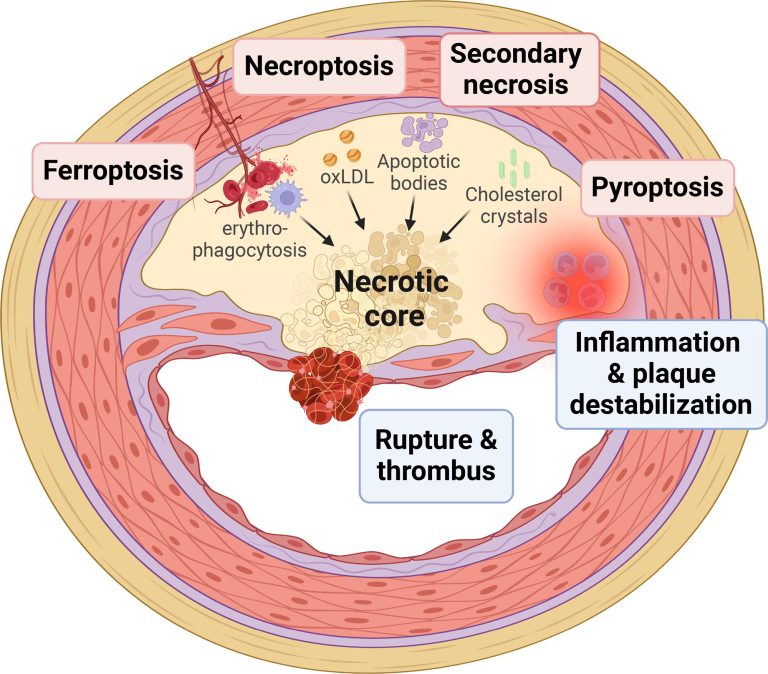
Causes and Risk Factors of Diabetes
Diabetes is a chronic medical condition characterised by high levels of sugar in the blood. It is a major public health concern, affecting millions of people worldwide. The causes and risk factors of diabetes are complex and multifactorial, involving a combination of genetic, environmental, and lifestyle factors.

Types of Diabetes
There are several types of diabetes, including:
1. Type 1 Diabetes: An autoimmune disease in which the body’s immune system attacks and destroys the cells in the pancreas that produce insulin.
2. Type 2 Diabetes: A metabolic disorder characterised by insulin resistance and impaired insulin secretion.
3. Gestational Diabetes: A type of diabetes that develops during pregnancy, usually in the second or third trimester.
4. LADA (Latent Autoimmune Diabetes in Adults): A form of type 1 diabetes that develops in adults, often after the age of 30.
5. MODY (Maturity-Onset Diabetes of the Young): A rare form of diabetes that is caused by genetic mutations and typically develops in young adulthood.
Causes of Diabetes
The causes of diabetes are complex and multifactorial. Some of the main causes include:
1. Genetics: A family history of diabetes can increase an individual’s risk of developing the disease.
2. Obesity: Excess weight, particularly around the abdominal area, can increase the risk of developing type 2 diabetes.
3. Physical Inactivity: A sedentary lifestyle can increase the risk of developing type 2 diabetes.
4. Diet: A diet high in sugar, salt, and unhealthy fats can increase the risk of developing type 2 diabetes.
5. Age: The risk of developing type 2 diabetes increases with age, particularly after the age of 45.
6. Ethnicity: Certain ethnic groups, such as African Americans, Hispanics/Latinos, and American Indians, are at higher risk of developing type 2 diabetes.
7. History of Gestational Diabetes: Women who have had gestational diabetes are at increased risk of developing type 2 diabetes later in life.
8. Polycystic Ovary Syndrome (PCOS): Women with PCOS are at increased risk of developing type 2 diabetes.
9. Sleep Apnoea: Sleep apnoea has been linked to an increased risk of developing type 2 diabetes.
10. Certain Medications: Certain medications, such as steroids and certain psychiatric medications, can increase the risk of developing type 2 diabetes.
Risk Factors for Diabetes
In addition to the causes of diabetes, there are several risk factors that can increase an individual’s likelihood of developing the disease. Some of the main risk factors include:
1. Family History: A family history of diabetes can increase an individual’s risk of developing the disease.
2. Age: The risk of developing type 2 diabetes increases with age, particularly after the age of 45.
3. Obesity: Excess weight, particularly around the abdominal area, can increase the risk of developing type 2 diabetes.
4. Physical Inactivity: A sedentary lifestyle can increase the risk of developing type 2 diabetes.
5. Diet: A diet high in sugar, salt, and unhealthy fats can increase the risk of developing type 2 diabetes.
6. Ethnicity: Certain ethnic groups, such as African Americans, Hispanics/Latinos, and American Indians, are at higher risk of developing type 2 diabetes.
7. History of Gestational Diabetes: Women who have had gestational diabetes are at increased risk of developing type 2 diabetes later in life.
8. Polycystic Ovary Syndrome (PCOS): Women with PCOS are at increased risk of developing type 2 diabetes.
9. Sleep Apnoea: Sleep apnoea has been linked to an increased risk of developing type 2 diabetes.
10. Certain Medications: Certain medications, such as steroids and certain psychiatric medications, can increase the risk of developing type 2 diabetes.
Prevention of Diabetes
While there is no surefire way to prevent diabetes, there are several steps that can be taken to reduce the risk of developing the disease. Some of the main prevention strategies include:
1. Maintaining a Healthy Weight: Excess weight, particularly around the abdominal area, can increase the risk of developing type 2 diabetes.
2. Eating a Healthy Diet: A diet low in sugar, salt, and unhealthy fats can help to reduce the risk of developing type 2 diabetes.
3. Engaging in Regular Physical Activity: Regular physical activity can help to improve insulin sensitivity and reduce the risk of developing type 2 diabetes.
4. Not Smoking: Smoking can increase the risk of developing type 2 diabetes.
5. Medications: Certain medications, such as statins and bile acid sequestrants, can help to lower cholesterol levels and reduce the risk of cardiovascular disease.
By understanding the causes and risk factors of high cholesterol, individuals can take steps to prevent and treat the condition, reducing their risk of developing cardiovascular disease.
Other stories
-
Pulmonary Function Test: A Comprehensive Guide
-
Allergy Testing: A Comprehensive Guide for Asthma Sufferers
-
Type 1 Diabetes: A Comprehensive Guide
-
Prior to the general elections on December 7, the PNC supports the NDC.
-
Conversational commerce: entering the next stage of AI-powered digital assistants Annals of Operations Research






